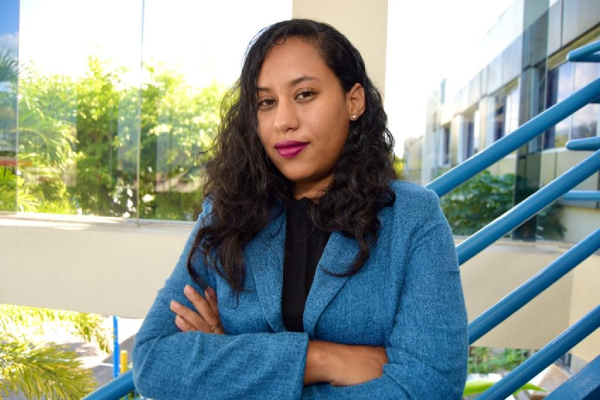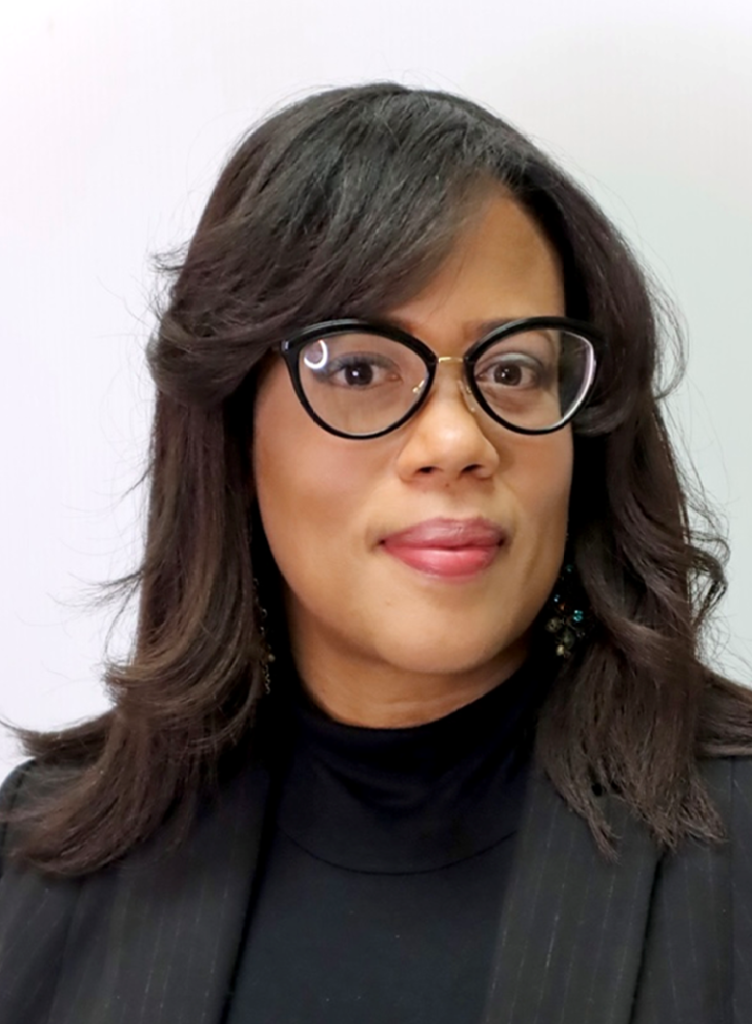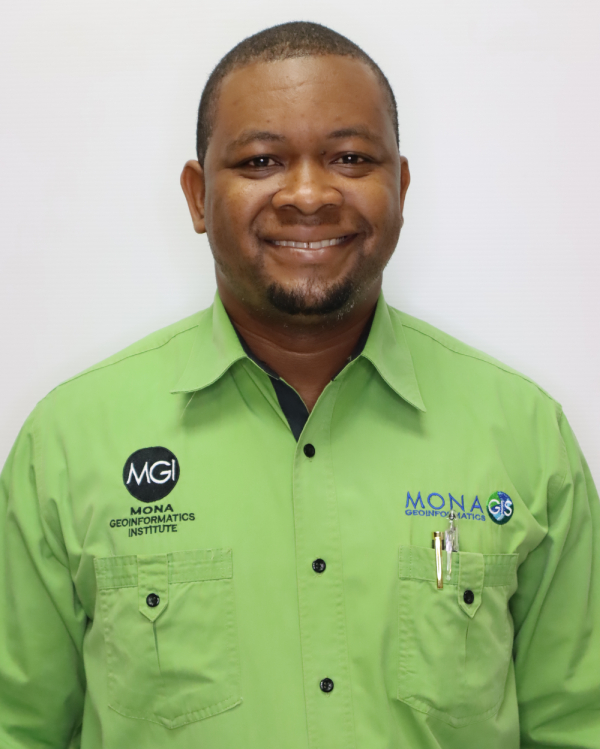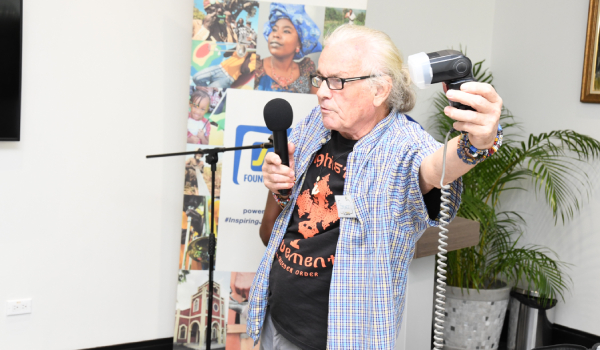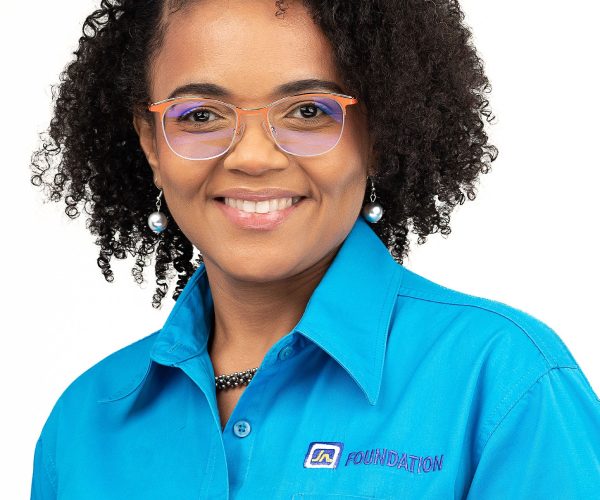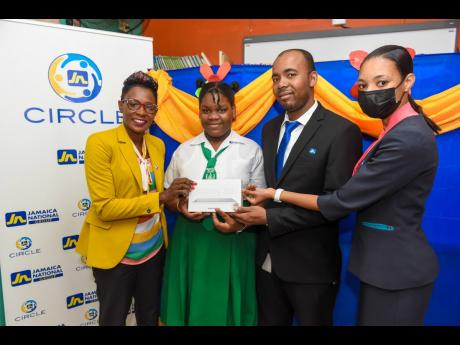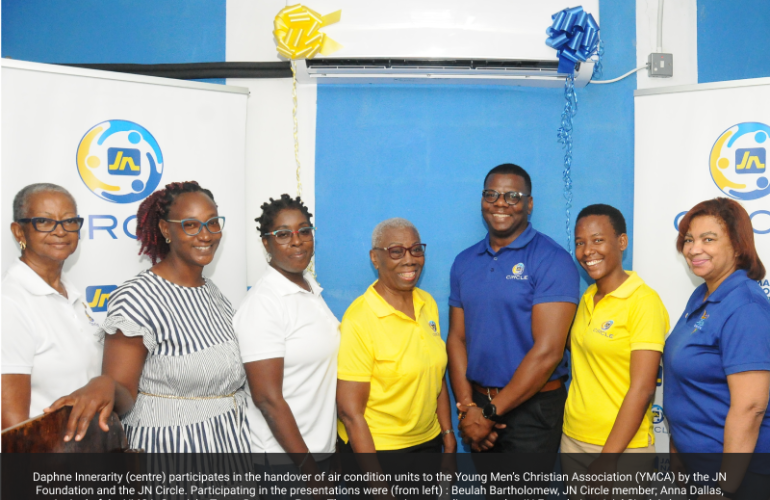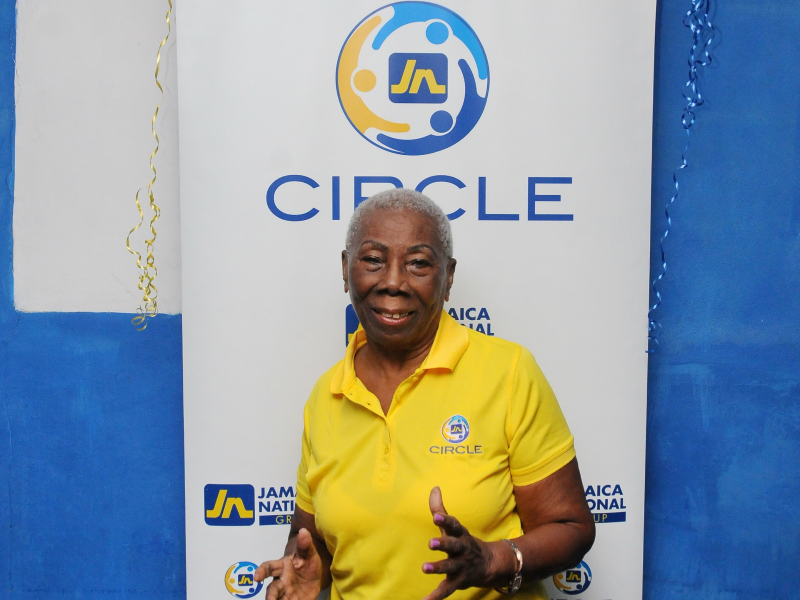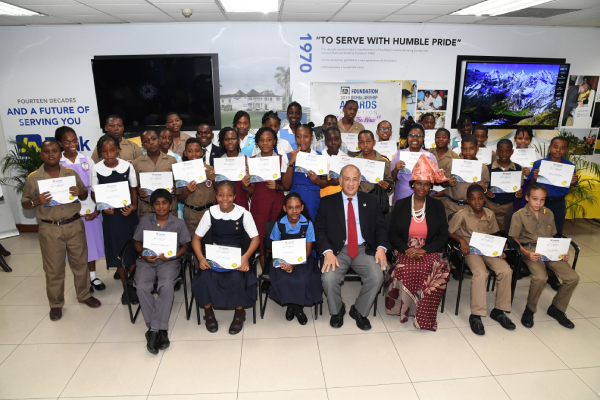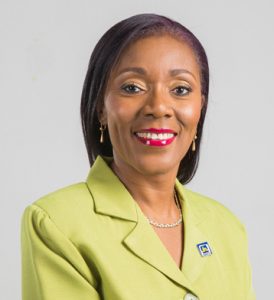Women Urged to Plan for their Retirement to Avoid Old Age Poverty – Rose Miller
Rose Miller, manager, Strategic Empowerment Programmes at the JN Foundation is urging more women to take charge of planning for their retirement early in their working life rather than leaving it up to chance or depending on their children.
“In today’s reality it is becoming increasingly obvious that we cannot depend on our children to support us in retirement. Women must therefore make it their business to take the steps necessary so they are able to provide for themselves when that time comes. If our children are willing and able to provide financial support that would be a bonus,” she pointed out.
Mrs Miller made the point as she referenced a recent concept paper by the Pension Industry Association of Jamaica, which shows that women are more vulnerable to old-age poverty.
The Pension Industry Association of Jamaica’s (2022) Concept Paper on Auto-Enrolment in Jamaica notes that because women live longer than men, they were more likely to be affected by old-age poverty. The concept paper notes that women were 23 per cent less likely to have economic opportunities than men and that women earned only 63 per cent of income earned by their male counterparts, despite doing the same job in many instances.
The Concept Paper also informed that the situation has become more significant since COVID-19 because many women are expected to be stay-at-home caregivers. It adds that with many persons not having enough retirement savings, even more will be required to work beyond age 65.
Mrs Miller gave the following valuable tips for pension provision:
Start early
She noted that from the day one starts earning, it is best to start planning for retirement by not only enrolling in a pension scheme but also setting aside additional funds towards other investments.
“Starting early is favourable for many reasons – the key one being you have a longer time horizon therefore, it gives you the flexibility to invest more aggressively, participating in higher risk opportunities, which will yield higher income and boost your retirement fund. Another reason is, understandably, the earlier you start the more you would be able to accumulate and better the chances of reaching your financial goals for retirement,” she informed.
Understand finance
The JN Foundation team lead on strategic empowerment programmes encourages women to take responsibility for increasing their financial education, noting that once you have a certain level of financial awareness and education you can cash in on many opportunities. This will also help you to formulate a retirement strategy that will give greater benefits, based on goals and risk appetite.
“Start by doing some research, also take advantage of workshops and seminars offered to improve your understanding of money management. Colleagues and friends who are knowledgeable about financial matters can be a valuable source of information, however, at the end of the day, you should contact a financial advisor who is trained to help you understand the different investment strategies and identify which is best for you,” she advised.
Be an active Participant
Mrs Miller stated that financial planning is an ongoing process and one that requires active engagement. You must also keep an eye on how your investment is performing.
“It is equally essential to regularly review your investments; meet with and discuss your portfolio with your financial advisor. There are times when adjustments are required and these reviews will provide the opportunity to adjust the strategy if necessary. The ultimate goal is to ensure that you do not run out of savings during your lifetime,” she said.
Make smart investments
She explained that women should understand that in order to increase wealth, they must invest in the right instruments. Insurance is one such important financial tool which is not only used to preserve wealth but also create it; unit-linked investment plans, endowment plans, and life annuity plans offer benefits of insurance as well as investing.
“These are ideal options as they offer wealth creation, while also keeping loved ones protected, providing a certain level of security. Other options for smart investments are mutual funds, stocks, real estate and bonds all of which can provide additional income streams over the years,” she explained.
Why do women need to save more?
“There are a number of reasons why women need to start saving more. Firstly, saving money will allow you to fulfill your individual dreams. Whether it is being able to afford your dream house or car, taking regular vacations with family and friends, or planning the wedding of your children. With sufficient savings, you can achieve your goals while ensuring the financial safety of your loved ones as well,” she advised.
Secondly, Mrs Miller said, women tend to live longer than men. Studies show that women have a life expectancy rate of 70.3 years at birth, compared to 67.4 years for men. With more years of life, women also need enough funds to cover their expenses. In addition, old age can come with its share of problems such as ill health and the need for support. All of these things require additional money, she pointed out.


